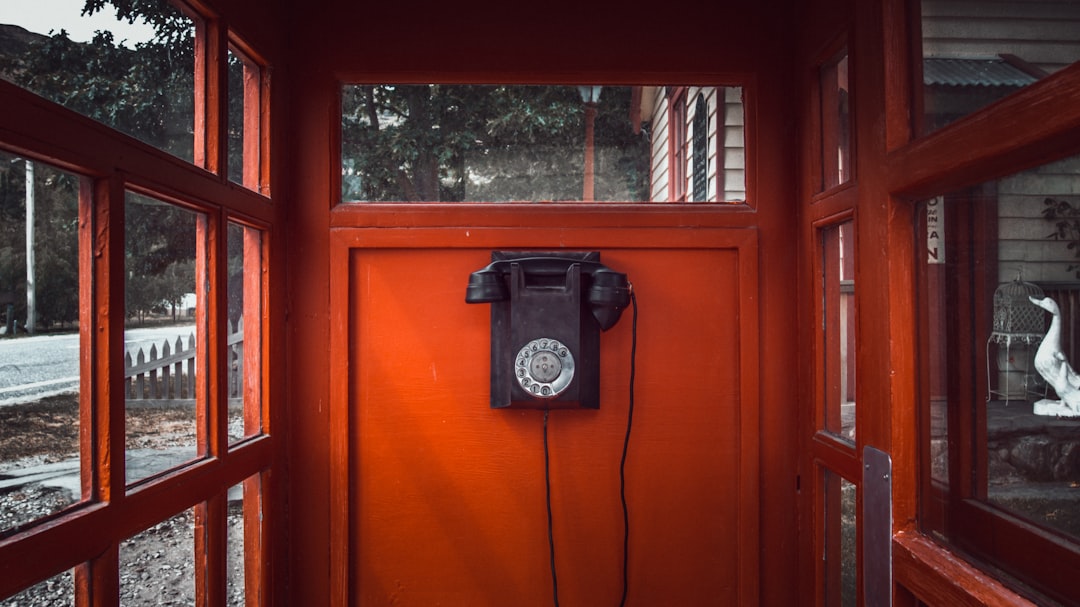Myrtle Beach businesses must register with the South Carolina Attorney General's office and adhere to strict telemarketing guidelines, particularly regarding the state's Do Not Call List (DNCL). A 'No Call Attorney South Carolina' can help companies create and maintain an accurate in-house DNCL, obtain explicit consent, provide clear opt-out mechanisms, and regularly update the list. Adhering to these best practices not only respects consumer choices but also prevents legal issues and enhances business reputation. Non-compliance can result in fines and reputational damage, underscoring the importance of strict adherence to 'No Call Attorney' regulations.
“In Myrtle Beach, adhering to South Carolina’s Do Not Call List regulations is vital for businesses aiming to foster positive customer relationships. This comprehensive guide equips local enterprises with the tools they need to navigate these requirements successfully. We’ll explore creating and maintaining an up-to-date in-house list, understanding the legal landscape, and ensuring compliance with No Call Attorney rules specific to South Carolina. By implementing best practices, businesses can enhance their marketing efforts while respecting consumer choices.”
Understanding the Do Not Call List Requirements in South Carolina
In South Carolina, businesses must adhere to strict guidelines regarding telemarketing practices, particularly when it comes to consumer privacy and opt-out requests. The state’s Do Not Call List (DNCL) regulations are designed to protect residents from unsolicited phone calls, especially those considered nuisance or fraudulent. All companies engaging in outbound telemarketing activities within the state must register with the South Carolina Attorney General’s office and comply with the DNCL requirements.
These rules are essential for Myrtle Beach businesses to understand, as non-compliance can result in significant fines. A ‘No Call Attorney South Carolina’ can guide companies on building and maintaining an accurate in-house Do Not Call List. This involves obtaining explicit consent from consumers, providing a clear and simple opt-out mechanism during calls, and regularly updating the list to ensure compliance. By following these best practices, businesses can respect consumer choices, avoid legal repercussions, and foster a positive image in the competitive Myrtle Beach market.
Creating and Maintaining an Effective In-House Do Not Call List
Creating and maintaining an in-house Do Not Call List is a proactive step for Myrtle Beach businesses to respect consumer choices and avoid potential legal issues, especially with the assistance of a No Call Attorney South Carolina. This list should be comprehensive, accurately capturing customer preferences not to receive telemarketing calls. Regularly updating it is crucial; ensure every new customer has the option to opt-out, and promptly add numbers that are received through complaints or automatic blocking systems.
Effective management involves segmenting the list based on different criteria—geographic locations, purchase history, or specific product interests—to personalize communication strategies. Proper storage and security are also vital to protect customer data. Businesses should consider using dedicated software or cloud-based platforms designed for this purpose, ensuring easy access and editing while maintaining compliance with privacy regulations.
Legal Considerations: Ensuring Compliance with No Call Attorney Regulations
Businesses operating in Myrtle Beach, South Carolina, must navigate legal requirements when managing their customer communication strategies, particularly regarding do-not-call lists. Compliance with No Call Attorney regulations is paramount to avoid legal repercussions and protect consumer rights. These laws are designed to prevent harassing phone calls and give consumers control over their contact preferences.
In South Carolina, businesses should familiarize themselves with the state’s telephone solicitation laws and the specific rules governing do-not-call lists. It’s crucial to obtain explicit consent from customers before making telemarketing calls and to honor requests to be placed on a ‘do not call’ list. Non-compliance can result in fines and damage to the company’s reputation, underscoring the need for strict adherence to No Call Attorney regulations.






